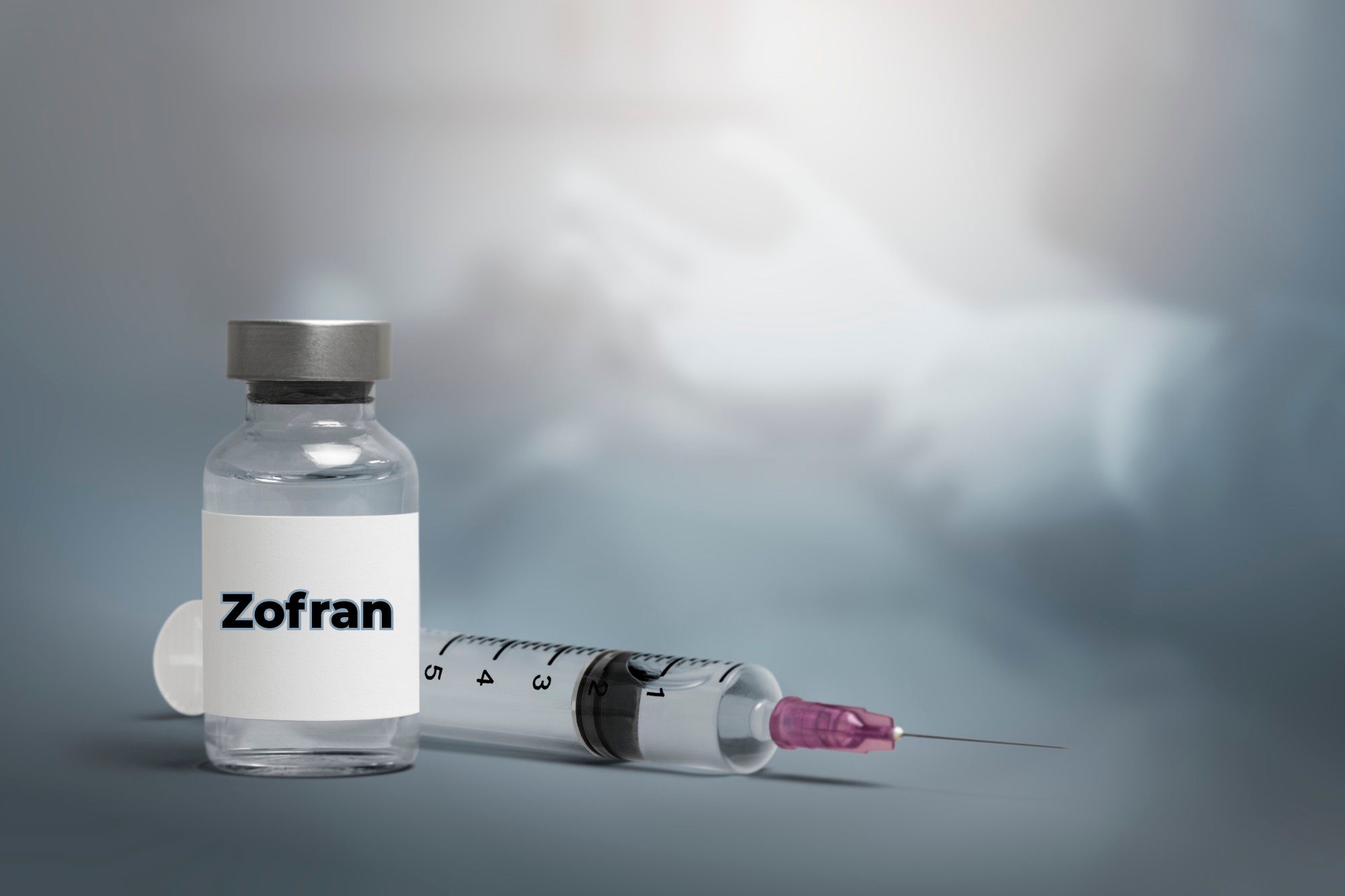GranuFlo
GranuFlo, a dry acid concentrate, in the form of powder is used as a chemical component of kidney dialysis to treat acute renal failure and chronic kidney disease. It contains both acetic acid and sodium citrate.
NaturaLyte
NaturaLyte is the liquid form of the same medication and comes as liquid hemodialysate concentrate. The liquid is used in a three-stream hemodialysis machine, which is calibrated for acid and bicarbonate concentrates.
When patients are given incorrect doses, the side effects of GranuFlo and NaturaLyte increase significantly. Reports indicate that hundreds of patients suffered GranuFlo side effects caused by excessive bicarbonate levels, which were underestimated by many medical professionals. One of the major side effects is metabolic alkalosis.
Food Machinery Corporation (FMC) Corporation, an American chemical manufacturing company, released an urgent internal memo to more than 1,800 FMC clinics in 2011. The report suggested that 941 patients in 2010 suffered cardiac arrest and other GranuFlo side effects after receiving dialysis treatment in an FMC clinic. It also emphasized the importance of proper dosing to patients. However, the company is being accused of misconduct as they notified its own clinics but failed to notify the FDA or the thousands of other facilities that administered GranuFlo and NaturaLyte.
In 2021: The U.S. Food and Drug Administration (FDA) received an anonymous internal memo that hinted despite having prior knowledge regarding the risks associated with the use of its products used in dialysis, Fresenius failed to share the information with the public. Fresenius' physicians were advised through the memo of cardiac arrest risk in patients due to too much bicarbonate or carbon dioxide in the blood, a condition called metabolic alkalosis related to the improper use and dosing of Granuflo and Naturalyte during dialysis treatment. The memo was distributed internally on November 4, 2011, before the anonymous disclosure was made to the FDA and other dialysis centers using Fresenius' products.
Common Side Effects Of GranuFlo:
- GranuFlo and NaturaLyte when administered adequately under normal conditions is not known to cause side effects apart from the normally encountered symptoms.
- The doses, if administered inaccurately, can cause severe side effects, which include an excess of bicarbonate in the bloodstream, which can result in potentially deadly conditions like metabolic alkalosis.
Serious Alleged Injuries May Include:
- Hypoxemia Or Low Levels Of Blood Oxygen
- Hypokalemia Or Low Levels Of Blood Potassium
- Hypercapnia Or High Levels Of Blood Carbon Dioxide
- Metabolic Alkalosis
- Sudden Cardiac Arrest
- Death
FDA Safety Warnings:
March 29, 2012: The FDA issued a Class I recall of GranuFlo and NaturaLyte to revise the prescribing instructions related to life-threatening injuries stating the dialysis acid concentrates in GranuFlo and NaturaLyte were linked to severe health problems, including fatal heart attacks and strokes.
May 25, 2012: The FDA issued a warning document: Safety Alerts for Human Medical Products - Dialysate Concentrates Used in Hemodialysis: Safety communication - alkali dosing errors.
2013: A Class III recall was made by the FDA due to discoloration found in a certain lot numbers of Fresenius Granuflo Naturalyte Dry Acid Concentrate For Bicarbonate Dialysis; the FDA determined the product was "nonconforming."
September 2016: Kentucky's attorney general filed a lawsuit against Fresenius Medical Care Holdings Inc., the largest provider of kidney dialysis services in the US of Medicaid fraud accusing the company of promoting a harmful product for use in clinics. Through the lawsuit, the attorney general tried to restore money spent by Kentucky's Medicaid program for dialysis treatments that used GranuFlo. It also aimed to recoup costs to treat other health problems allegedly related to the product's use.
Alleging the company concealed serious risks associated with the use of GranuFlo, the attorney general said at a state press conference, "Fresenius put Kentucky at risk, and they billed our Medicaid program while they were doing it. They will be held accountable."
Fresenius spokesman Kent Jarrell said in response: “All the company's actions involving these products were appropriate, responsible, and consistent with the company's commitment to patient safety.” He also stated, “the FDA has never suggested that the product should be withdrawn from the market, that the product compositions should be changed in any way, or that the products are unsafe when used as directed and prescribed.”
The lawsuit was filed at Franklin County Circuit Court seeking damages and civil penalties for the state. The attorney general also said details of a clinical study that found risks associated with Granuflo were concealed by Fresenius. The clinical study conducted by the company of 667 of its dialysis facilities in 2010 revealed that 941 patients had cardiopulmonary arrests. The attorney general did say he didn't know if anyone died in Kentucky due to the use of GranuFlo.
Legal Updates:
Defendants:
Fresenius Medical Care Holdings, Inc, (FMCH)
Fresenius Medical Care North America
Fresenius USA, Inc.
Fresenius USA Manufacturing, Inc.
Fresenius USA Marketing, Inc.
Fresenius USA Sales, Inc.
Fresenius Medical Care AG & CO. KGaA
Fresenius Medical Care Management AG
Fresenius SE & CO. KGaA
Fresenius Management SE
Defendant Law Firm: Fresenius is represented by James Bennett and Megan S. Heinsz of Dowd Bennett LLP and William H. Kettlewell of Hogan Lovells.
Allegations: Allegations include that the defendants failed to warn doctors, patients, and the FDA about the risk of bicarbonate overdose errors associated with GranuFlo and Naturalyte. Allegations also include wrongful death, negligent failure to warn, negligent misrepresentation, breach of implied warranty of fitness for a particular purpose, violation of consumer protection laws, fraud, negligent design, loss of consortium, strict liability, negligence, survival action on behalf of the decedent's estate.
Plaintiff Steering Committee:
Richard Golomb - Golomb & Honik, P.C.
Bruce Steckler - Steckler Law Firm LLP
R. Clay Milling - Henry Spiegel Milling LLP
Randi Kassan - Sanders Viener Grossman, LLP
Ellen A. Presby - The Nemeroff Law Firm
Jim duggan - Duggan Law Firm, LLC
Troy Rafferty - Levin Papantonio Thomas Mitchell Rafferty & Proctor, P.A.
Richard Phillips - Smith Phillips Mitchell Scott & Nowak, LLP
Kristian Rasmussen - Cory Watson Crowder & DeGaris P.C.
Frank Woodson - Beasley Allen Law Firm
Burton LeBlanc - Baron & Budd
Lawsuit Status:
April 2013: The U.S. Judicial Panel on Multidistrict Litigation (JPML) established MDL No: 2428 for all Fresenius cases filed throughout the federal court system, centralizing all lawsuits before U.S. District Judge Douglas P. Woodlock in the District of Massachusetts.
January 2014: Judge Woodlock approved the use of a master complaint and short form complaint to standardize the process of filing additional Granuflo and NaturaLyte lawsuits in the MDL.
Important Verdicts & Settlements:
February 2016: Fresenius Medical Care agreed to pay $250 million to resolve thousands of NaturaLyte and GranuFlo lawsuits filed by most of the plaintiffs in the MDL. The first two bellwether trials scheduled to take place in early 2016 were pushed back as a result of the pending settlement. Fresenius needed 97 percent of plaintiffs to agree to the settlement for it to move forward.
March 03, 2017: A Massachusetts federal jury cleared Fresenius Medical Care of liability in the first bellwether trial alleging one of its clinics caused a patient's death. The suit was filed by the family of Carley Dial, a North Carolina man who died at a Fresenius clinic in 2012. Dial's family claimed he died of cardiac arrest shortly after he received GranuFlo.
June 27, 2018: A federal jury in Denver, Colorado returned its verdict awarding $383.5M to the families of three patients who suffered cardiac arrest and died after they received dialysis treatment at DaVita dialysis clinics using GranuFlo.
Evidence:
- Granuflo And NaturaLyte Usage In Patients Before 2012
- Evidence Of Increased Bicarbonate Levels
- Cause Of Death As Cardiac Arrest, In Case Of Death
- Details Of Dialysis Facility
Medical Record Review and claim validation of Granuflo case should take approximately 3 hours in most instances; however, this approximation may vary in cases based on the volume of records.




